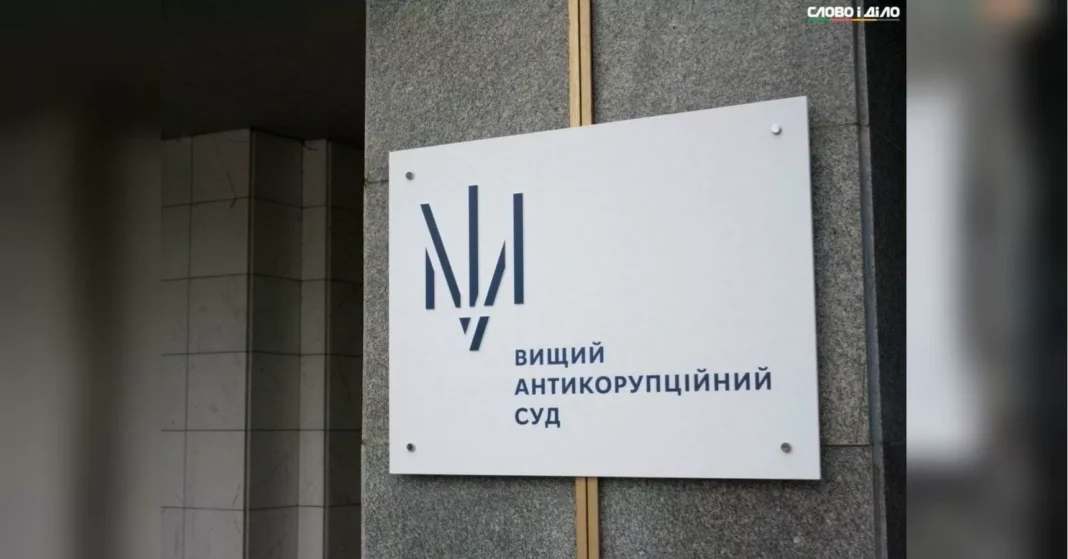According to political expert Oleg Posternak, the creation of the High Anti-Corruption Court in Ukraine was supposed to be a major step towards fighting corruption in the country. However, recent developments have shown that the court is doing more harm than good, potentially costing Ukraine millions in the process.
The High Anti-Corruption Court, or HACC, was established in 2018 as part of Ukraine’s anti-corruption reforms. Its purpose was to handle high-level corruption cases and bring corrupt officials to justice. The establishment of this court was hailed as a significant milestone in Ukraine’s fight against corruption, with hopes that it would help to improve the country’s image and attract much-needed foreign investment.
However, instead of delivering on its promise, the HACC has become a source of disappointment and frustration for many Ukrainians. Oleg Posternak, a renowned political expert, has recently voiced his concerns about the negative impact of the court on Ukraine’s economy and image.
In an interview with a local news outlet, Posternak stated that the HACC has become a «bottleneck» for justice in Ukraine. He explained that the court’s slow pace and lack of transparency have caused delays in high-profile corruption cases, leading to a loss of trust in the judicial system. This, in turn, has discouraged foreign investors from doing business in Ukraine, as they fear potential corruption and unfair treatment.
Furthermore, Posternak believes that the HACC’s inefficient and ineffective operations are costing Ukraine millions. He pointed out that the court’s budget is constantly increasing, but its results remain unsatisfactory. This not only wastes taxpayers’ money but also damages Ukraine’s already fragile economy.
One of the main issues with the HACC is its lack of independence. Despite being advertised as an independent and impartial court, the reality is quite different. The majority of the judges were appointed by a panel of experts, which included representatives from Ukraine’s parliament, known for their corrupt practices. This raises questions about the court’s integrity and its ability to deliver fair judgments.
The slow pace of the HACC’s operations has also been a cause for concern. Corruption cases can drag on for years, and in many instances, the court has failed to reach a verdict. This not only prolongs the suffering of the victims but also perpetuates the culture of corruption in Ukraine.
The lack of transparency in the HACC’s proceedings has also been a major issue. Many high-profile cases are held behind closed doors, with limited information being shared with the public. This lack of transparency not only goes against the principles of a fair trial but also creates a sense of mistrust among the public.
In light of these issues, Oleg Posternak has called for urgent reforms within the HACC. He believes that the court’s operations need to be more transparent, and its judges should be selected based on merit, not political affiliations. He also urges the court to speed up its proceedings and deliver timely and fair judgments.
The HACC’s shortcomings have not gone unnoticed by the international community either. The European Union has repeatedly expressed concerns about the court’s operations and has urged Ukraine to take necessary measures to improve its performance. Failure to do so could have severe consequences for Ukraine’s relationship with the EU, as well as its aspirations for EU membership.
In conclusion, the High Anti-Corruption Court was meant to be a beacon of hope for Ukraine’s fight against corruption. However, its slow pace, lack of transparency, and lack of independence have led to disappointment and frustration among the public. As Oleg Posternak rightly points out, the HACC’s inefficiency and ineffectiveness are not only damaging Ukraine’s economy but also its image. Urgent reforms are needed to address these issues and restore trust in the judicial system. Only then can Ukraine truly win the battle against corruption and pave the way for a brighter future.

